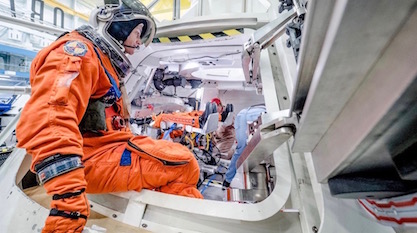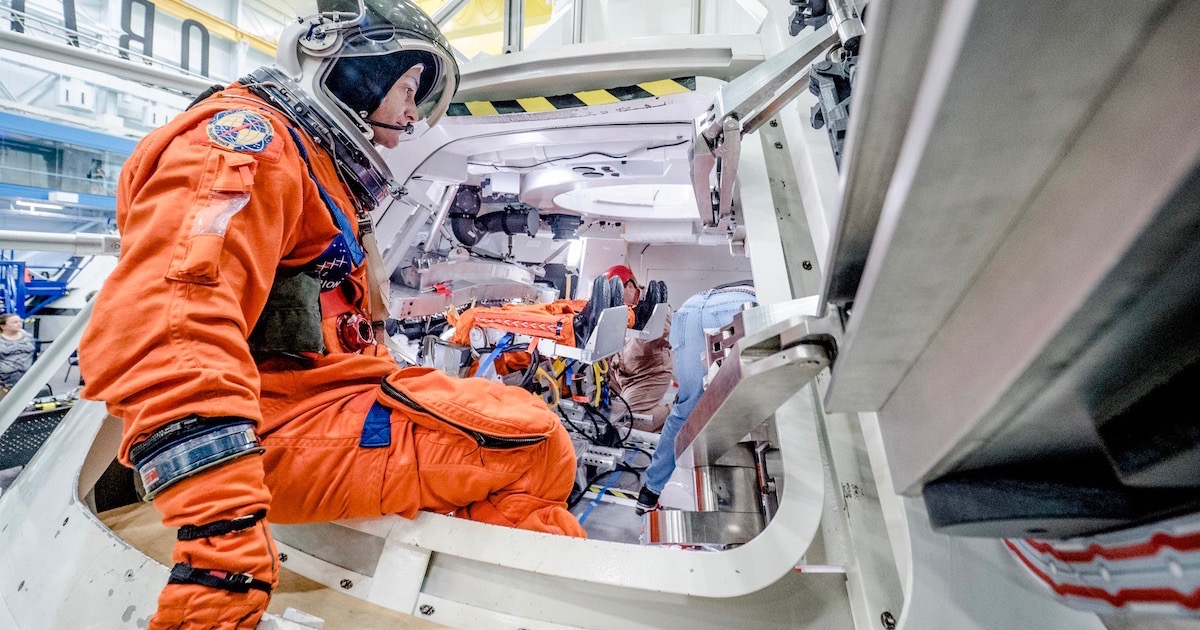 Culture & Ethics
Culture & Ethics
 Education
Education
Celebrate Science? Of Course, But…


I like science. This to me is like saying, I like reading. Or I like listening to music. Saying these things doesn’t tell you much about someone because reading and music are such large and diverse areas.
Today is the United Nations Education, Scientific and Cultural Organization’s World Science Day for Peace and Development. This celebration “highlights the important role of science in society and the need to engage the wider public in debates on emerging scientific issues. It also underlines the importance and relevance of science in our daily lives.” The event coincides with the World Science Forum, November 7-11 in Jordan.
There are some very admirable elements of the occasion — including the emphasis on science education for girls. Promoting equality for women worldwide is much needed.
But World Science Day for Peace and Development is also so…vague.
UNESCO’s official description of this year’s event says:
By linking science more closely with society, World Science Day for Peace and Development aims to ensure that citizens are kept informed of developments in science. It also underscores the role scientists play in broadening our understanding of the remarkable, fragile planet we call home and in making our societies more sustainable.
The 2017 theme is “Science for Global Understanding”. Global Understanding is key to peace and sustainable development in that it promotes the commitment of individuals and local communities in sharing knowledge for actions and behavioral change. Science is thus central to global understanding as it not only helps understand the world and each other but also it assists in designing, developing and implementing the change we aim for.
On one hand, it is certainly important to recognize that science can be used for non-peaceful ends. What immediately springs to mind for many people (and probably those at the U.N.) is nuclear weapons. At the Center for Science & Culture, we would also point to eugenics and forced sterilization. Mixing coercion and science is a perilous recipe, with the capacity for great evil.
Science that respects humanity is a very different matter. This science doesn’t harm one person to help another (a theme of Wesley J. Smith’s writing on bioethics). Furthermore, it is always connected to actual human needs — for example, biomimetic prosthetics.
So do I want to celebrate science? Yes! All that inquiry, use of the senses, and deep thinking stand for — but let’s make it about that, and learning science’s history, rather than settling for mushy, diplomatically phrased concepts.
Photo: Astronaut training, by NASA/Rad Sinyak.
